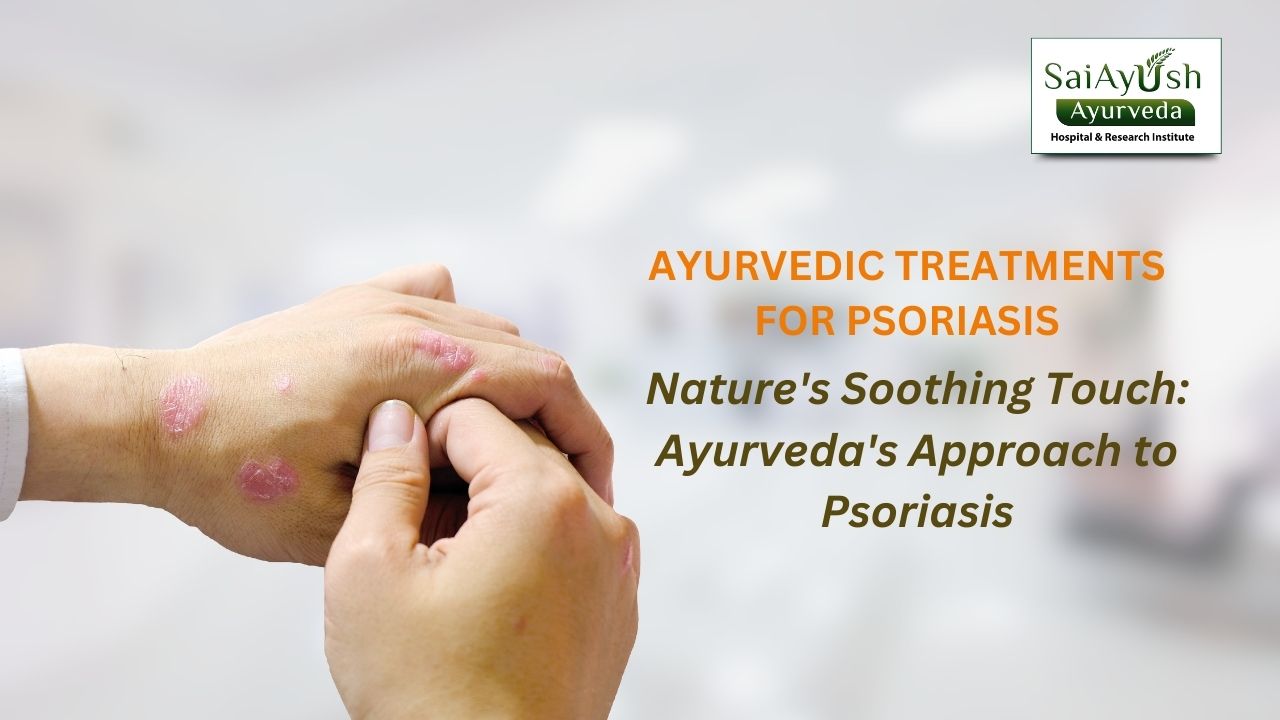Understanding Psoriasis
Psoriasis is a complex immune-mediated skin disorder that accelerates the life cycle of skin cells. This leads to a rapid buildup of cells on the skin’s surface, resulting in the formation of red, scaly patches, often accompanied by itching and inflammation. There are several types of psoriasis, including plaque psoriasis, guttate psoriasis, inverse psoriasis, pustular psoriasis, and erythrodermic psoriasis, each with its unique characteristics.
How Psoriasis Affects the Body
Psoriasis not only manifests on the skin’s surface but can also affect other parts of the body. It is associated with various comorbidities, such as psoriatic arthritis, cardiovascular disease, and metabolic syndrome. The chronic inflammation triggered by psoriasis can lead to joint pain, swelling, and stiffness in those with psoriatic arthritis.
Risk Factors for Psoriasis
While the exact cause of psoriasis remains unknown, certain risk factors increase the likelihood of developing this condition. These include genetic predisposition, stress, smoking, obesity, and infections. Understanding these factors can help in developing a comprehensive treatment plan.
Signs and Symptoms:
Recognizing the signs and symptoms of psoriasis is crucial for early intervention. Common indicators include:
- Red patches are found with silver scales
- Hing or burning sensation
- Dry, cracked skin that may bleed
- Thickened or pitted nails
- Swollen and stiff joints (in cases of psoriatic arthritis)
Ayurvedic Perspective on Psoriasis
According to Ayurveda, psoriasis is associated with an imbalance of the Vata and Kapha doshas, leading to the accumulation of toxins (ama) in the body. This ama disrupts the normal functioning of skin cells, resulting in psoriatic lesions. Ayurvedic treatment aims to restore the balance of doshas and eliminate ama from the body.
Ayurvedic Treatments for Psoriasis Internal Treatments:
- Panchakarma Therapy: This cleansing process involves techniques like Vamana (emesis), Virechana (purgation), and Basti (enema) to detoxify the body and restore doshic balance.
- Herbal Formulations: Ayurvedic herbs like Neem, Turmeric, Aloe Vera, and Manjistha are known for their anti-inflammatory and detoxifying properties. These can be taken in various forms, including capsules, decoctions, or powders.
- Dietary Modifications: Following a psoriasis-friendly diet, avoiding trigger foods, and incorporating anti-inflammatory ingredients can support the healing process.
External Treatments:
- Abhyanga (Oil Massage): Massaging the affected areas with medicated oils helps soften the scales and soothe the skin.
- Lepa (Topical Applications): Herbal pastes made from ingredients like Neem, Triphala, and Manjistha can be applied directly to the affected areas.
- Swedana (Steam Therapy): This induces sweating to eliminate toxins through the skin.
Managing Psoriasis with Ayurveda
Consistency is key when it comes to managing psoriasis with Ayurveda. It is essential to consult a qualified Ayurvedic practitioner who can tailor a treatment plan to individual needs. Additionally, adopting a balanced lifestyle, practicing stress-relief techniques like yoga and meditation, and maintaining a suitable diet can enhance the effectiveness of Ayurvedic treatments. Conclusion Psoriasis can be a challenging condition to manage, but embracing the holistic approach of Ayurveda offers a natural and effective alternative to conventional treatments. By understanding the underlying causes and incorporating Ayurvedic remedies, individuals can embark on a path to healthier, clearer skin and overall well-being. Remember, patience and commitment are vital in the journey towards psoriasis-free living.
Discover the healing power of Ayurveda with our latest article at Sai Ayush Ayurveda Hospitals! Dive into the age-old wisdom that can rejuvenate your body and mind. Click here to read more:




















Thank You for valuable information. Very informative blog it is.